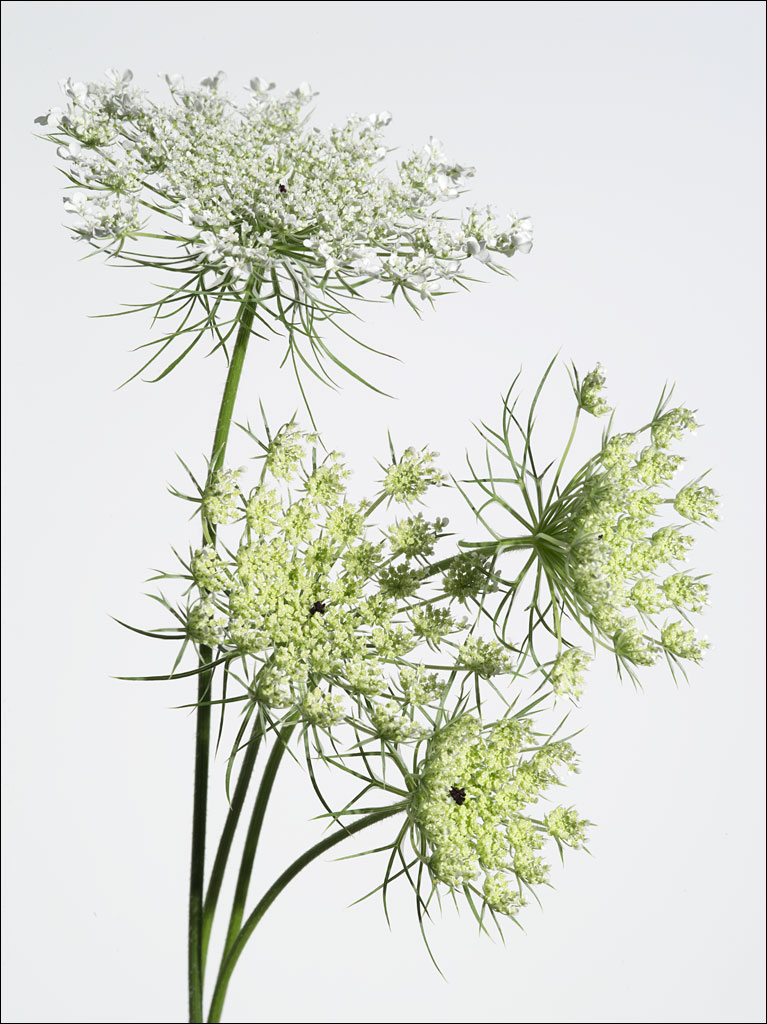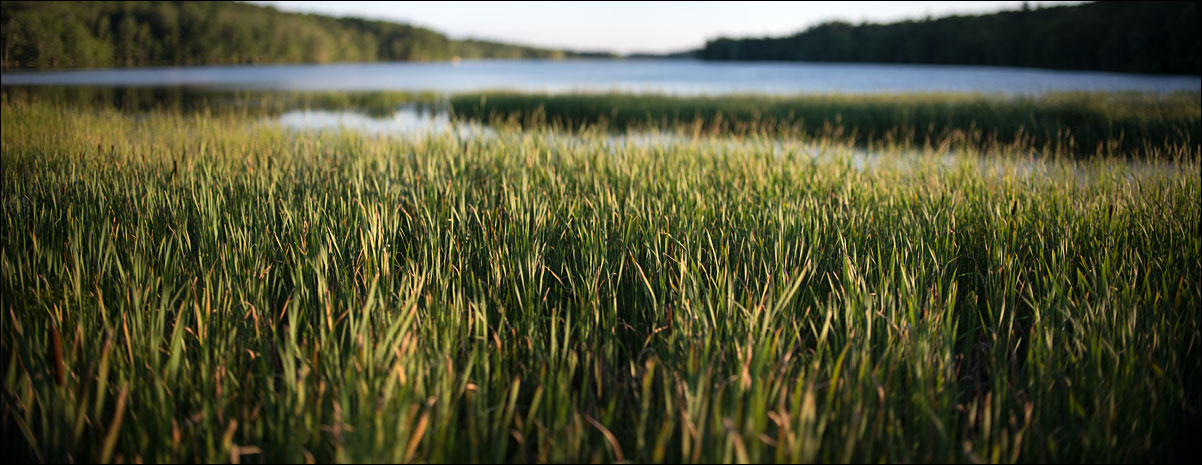 Late summer is a gentle time in Maine. The light is warm and soft. The frantic growth of early summer is over. Yet the summer heat is still here, hiding, for a moment, the approaching change to fall. Click on the image for a larger view.
Late summer is a gentle time in Maine. The light is warm and soft. The frantic growth of early summer is over. Yet the summer heat is still here, hiding, for a moment, the approaching change to fall. Click on the image for a larger view.
Tomato Harvest 2015
Blackberry Harvest 2015
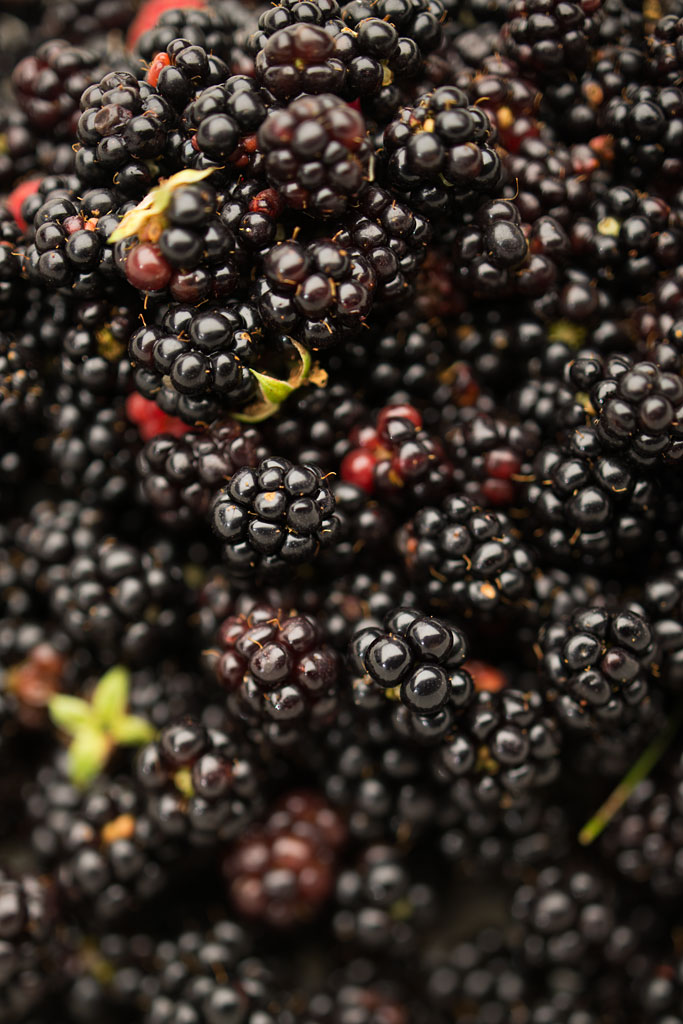 A month ago, our blackberries were green. This week, we began our annual harvest. This usually lasts about a month depending on the size of the crop. It looks like it might be a good year. Click on the image for a larger view.
A month ago, our blackberries were green. This week, we began our annual harvest. This usually lasts about a month depending on the size of the crop. It looks like it might be a good year. Click on the image for a larger view.
Queen Anne’s Lace—Edible Weeds
Illusion of Optics
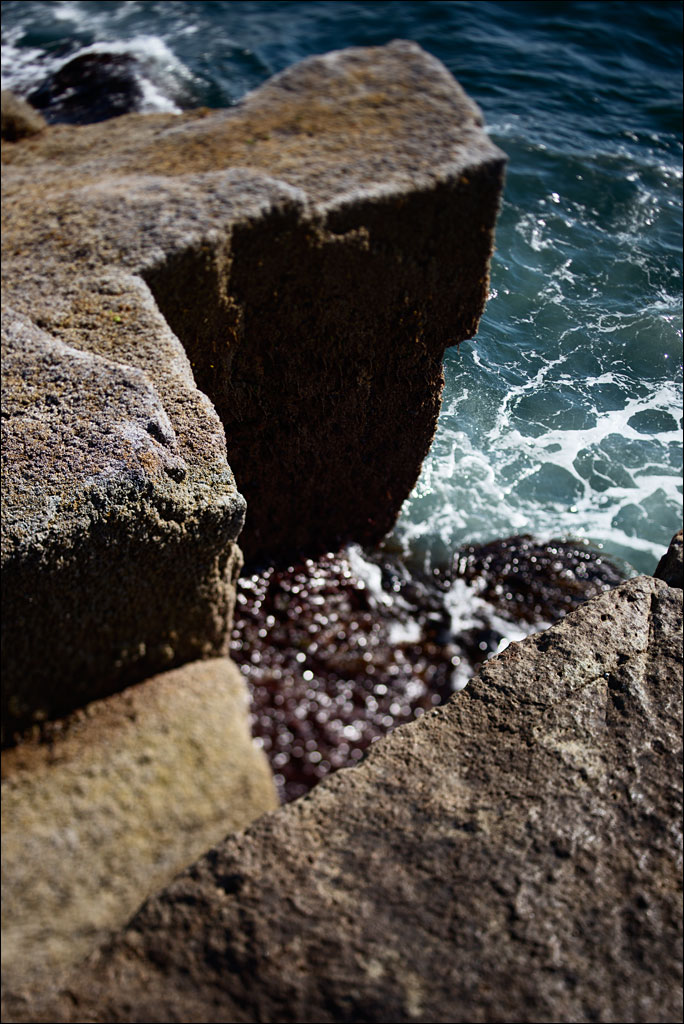 The rocks at Schoodic Point in Acadia National Park. One of the most interesting things about photography is the ability to present the world in a way that a person could not perceive naturally. When a group of objects are in focus, when they appear sharp, it is usually because they are all the same distance from the observer. That does not need to be true for a camera (no Photoshop gimmick here). Click on the image for a larger view.
The rocks at Schoodic Point in Acadia National Park. One of the most interesting things about photography is the ability to present the world in a way that a person could not perceive naturally. When a group of objects are in focus, when they appear sharp, it is usually because they are all the same distance from the observer. That does not need to be true for a camera (no Photoshop gimmick here). Click on the image for a larger view.
Reversing Falls
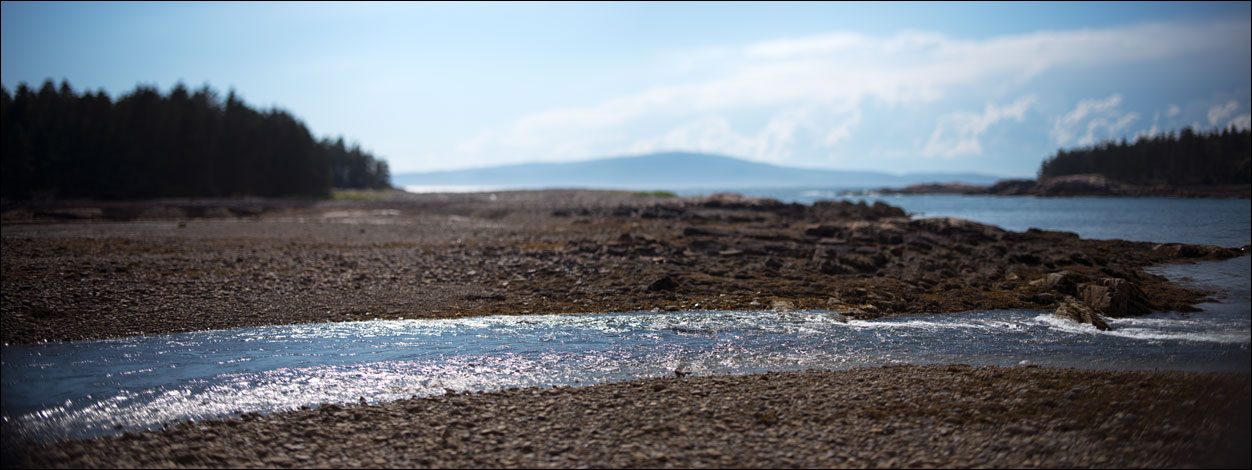 Reversing falls are caused when the water level between one water body and the ocean is different at high and low tide. West Pond on Schoodic Peninsula in Acadia National Park has a reversing falls. This image shows low tide where the land on both sides of the falls, the stream in the foreground, would be submerged at high tide. The trees at the left are on Pond Island, which marks the extent of the high tide. Mt. Desert Island is at the horizon. Click on the image for a larger view.
Reversing falls are caused when the water level between one water body and the ocean is different at high and low tide. West Pond on Schoodic Peninsula in Acadia National Park has a reversing falls. This image shows low tide where the land on both sides of the falls, the stream in the foreground, would be submerged at high tide. The trees at the left are on Pond Island, which marks the extent of the high tide. Mt. Desert Island is at the horizon. Click on the image for a larger view.
Sea and Land
Sea Wall—Tokyo Landscape
 An outtake from our book Earth, Water, Fire, Wind, Emptiness: Tokyo Landscape. Click on the image for a larger view.
An outtake from our book Earth, Water, Fire, Wind, Emptiness: Tokyo Landscape. Click on the image for a larger view.
The Anatomy of the Book—Resource
 We have added a resource section to our site. We hope to share information about books and other things we do. We have a list of links we think are interesting or useful. We have also added a pdf about the structure of the book, which you are welcome to download.
We have added a resource section to our site. We hope to share information about books and other things we do. We have a list of links we think are interesting or useful. We have also added a pdf about the structure of the book, which you are welcome to download.
Raspberry Leaves
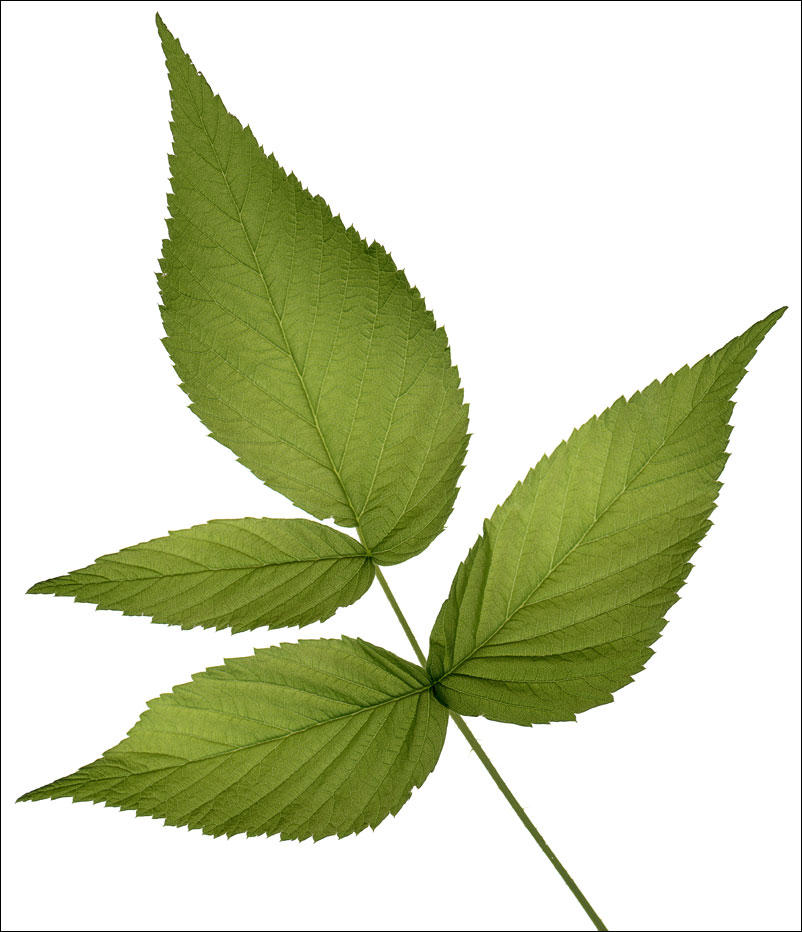 Raspberry-leaf tea is great all year round. In summer, we mix it with mint or Japanese green tea and serve it cold. In winter, we mix it with camomile and drink it hot. Raspberry-leaf tea is claimed to have various medical benefits, particularly for women.
Raspberry-leaf tea is great all year round. In summer, we mix it with mint or Japanese green tea and serve it cold. In winter, we mix it with camomile and drink it hot. Raspberry-leaf tea is claimed to have various medical benefits, particularly for women.
In July, we harvest the new shoots of our wild raspberry. We air dry the leaves on the branches indoors, and finish by placing the leaves in a dehydrator. The tea is light and sweet. Wild raspberry spreads quickly and is considered a weed, but we value it as a herb and source of soft fruit. We have several varieties. Click on the image for a larger view.


